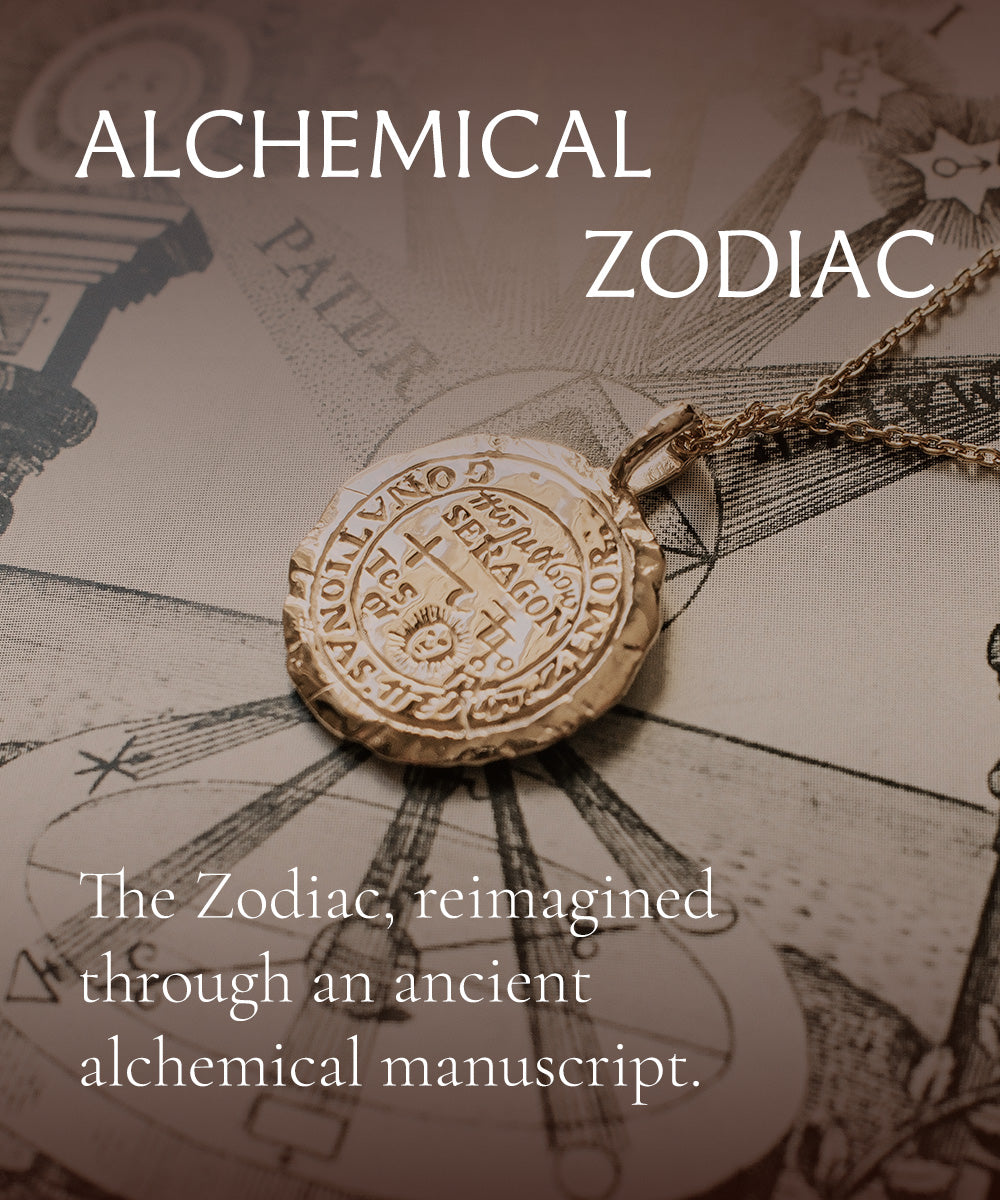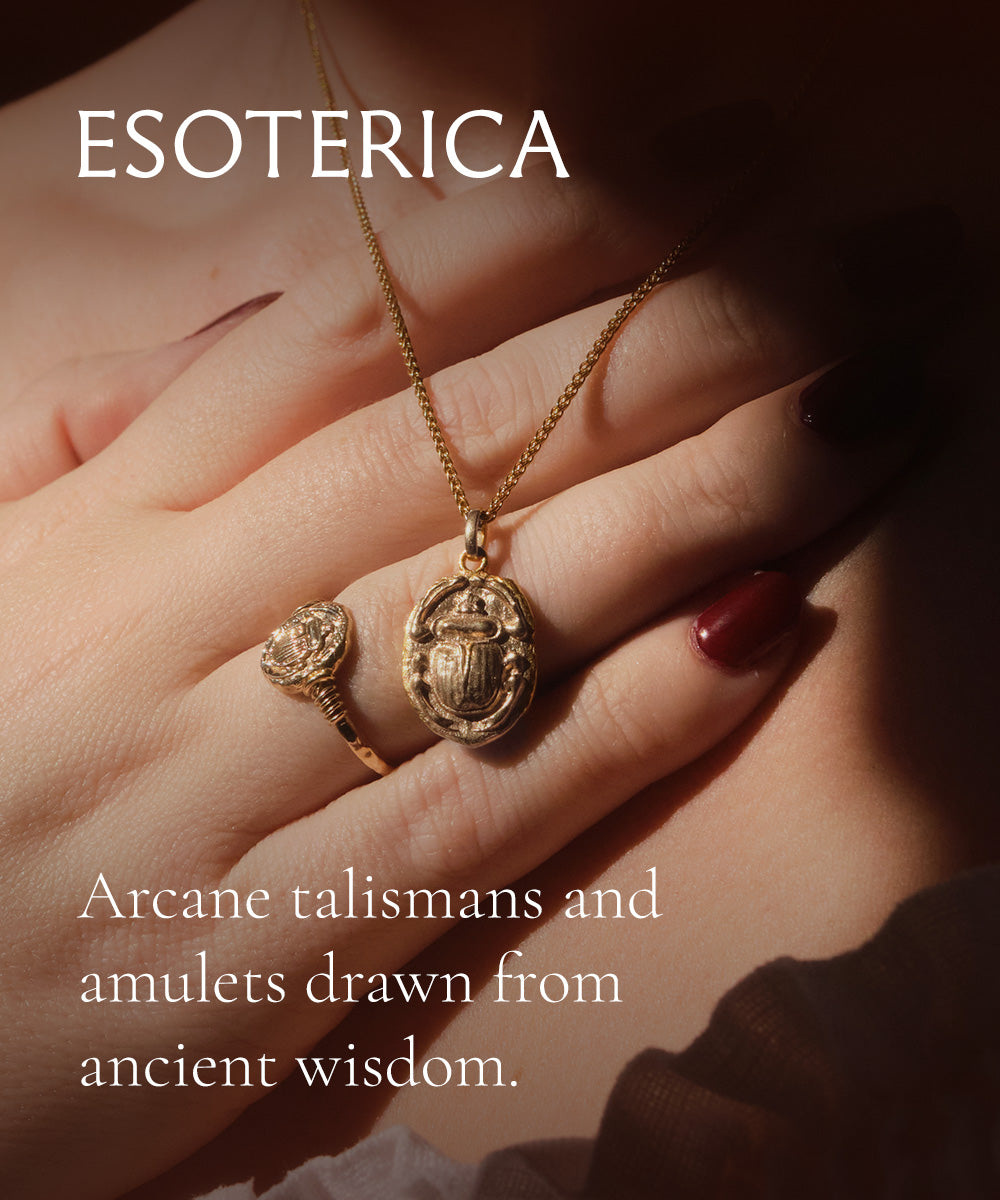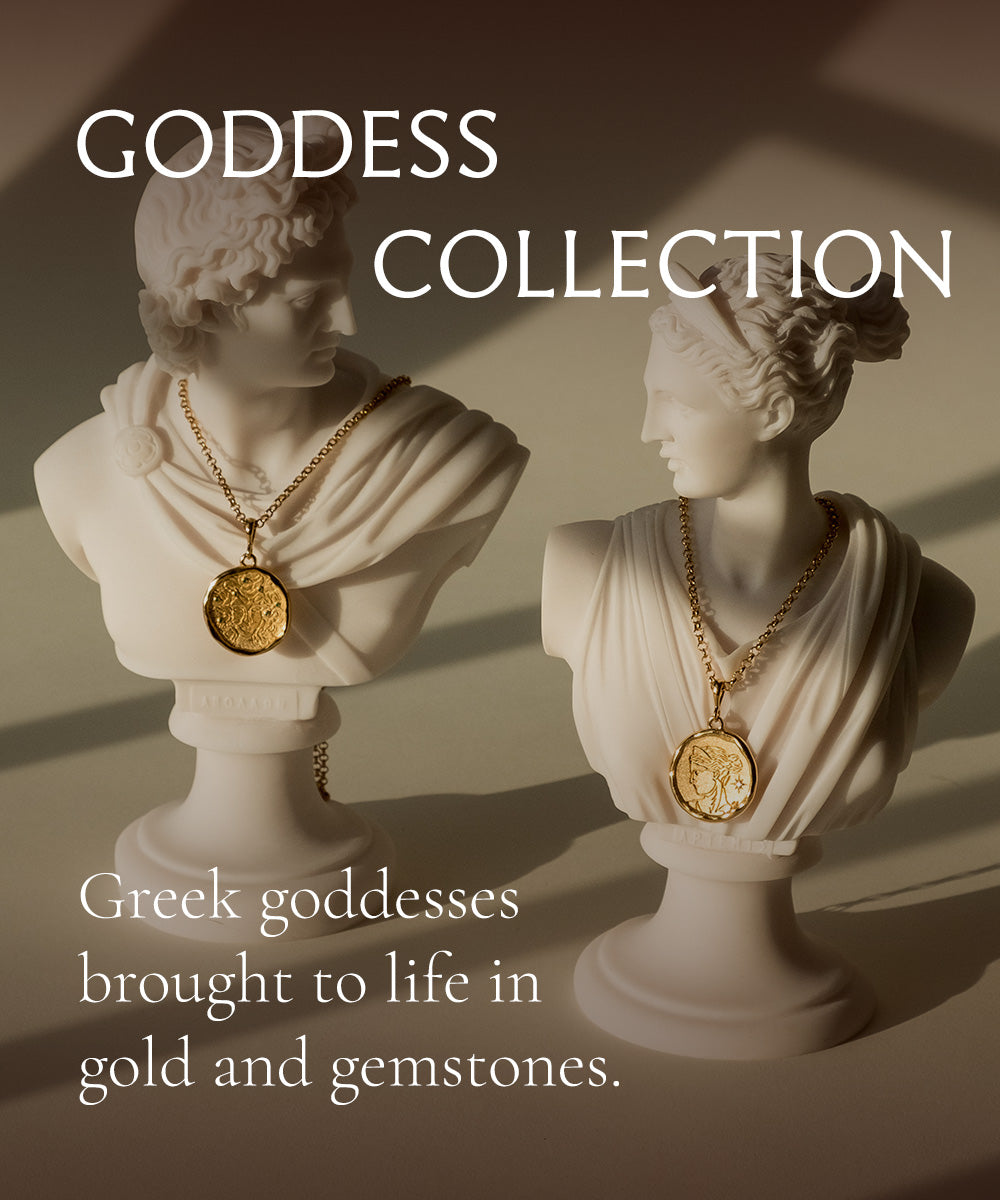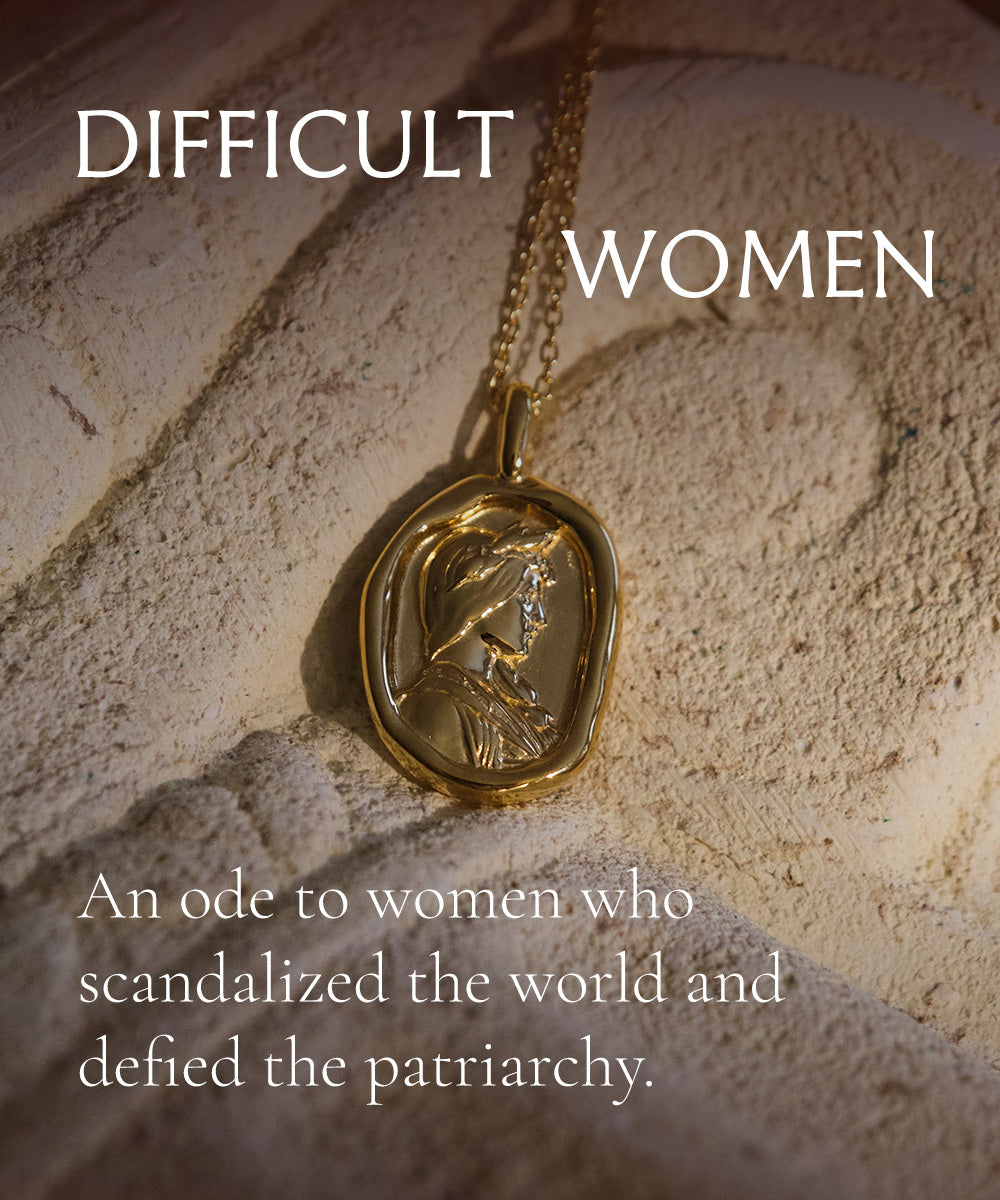The pluralization of Aphrodite’s son Eros, the god of love, should come as no surprise. Tradition changes as the myth arches and swells to fill the space in which it is needed. From Eros, known to the Romans as Cupid, sprung the Erotes, tiny baby winged gods of love.
Eros gains his most popular form from this depiction, the cherubic figure we see armed with a tiny bow and arrow in Renaissance Era art. He is the god of conventional love, marriage, sexual desire and attraction, though he’s also known to be mischievous, inciting desire in random people.
Himeros is the god of sexual desire, as capricious as Eros, but more destructive. His power was both beloved and feared, as Himeros could make loving desire spark between newlyweds as easily as he could make uncontrollable urges eat up unsuspecting victims. It is said that even the coldest, most taciturn heart is no match for Himeros.
Anteros (“ant” coming from “anti” or “opposite”) is the god of unrequited love. Those with broken hearts are sacred to vengeful Anteros, who, if he cannot rouse affection into the stony hearts of the unafflicted, will avenge the pain of unreciprocated affection. He is sometimes depicted with a scale, a metaphor for balance.
Pothos is the god of yearning. Not furious like Anteros, Pothos is full of passion and desire, patient though aching, and sometimes shown with grape vines that represent a possibility not yet come to fruition.
The Eros and Erotes of the great poets and playwrights, Sappho, Aeschylus, and countless others, breathe life into the literature they belong in. In the human soul they awaken that which sleeps within, making a gift of the tools of creation, the most inherent of needs, the deepest of connections.
There are, historically, a number of Erotes whose amorous undertakings sometimes change hands. This is the way of myth, but the meaning and understanding stays the same: that the forces of love and desire are exciting, all-consuming, and even uncontrollable, as mischievous as they are tragic, will raise up in virtue as they tear down in vice and they are utterly, completely inescapable, even by the gods themselves.









